
Member Prices
Only 31% of children suffering from anxiety and related disorders currently receive evidence-based treatment. In an effort to reach more children, the Public Education Committee in conjunction with the Child and Adolescent SIG created a powerpoint presentation for therapists to show pediatricians entitled, Anxiety Disorders & OCD: What Every Pediatrician Should Know. The presentation serves as both a way to educate pediatricians about anxiety disorders and OCD as well as provide a means for therapists to network with pediatricians and grow their practices. This webinar will demonstrate how to best use this powerpoint presentation. We will review the prevalence rates, the consequences of untreated anxiety and what pediatricians see when presented with an anxious child. Brief anxiety and accommodation screening tools, that can be used by pediatricians, will be discussed. Therapists will also be given ideas as to the best ways to teach pediatricians how to talk to their patients suffering from anxiety. We will then show you a brochure that was developed to accompany this powerpoint and can be personalized and used to market your practice. The webinar will end with a discussion of fun and effective ways to get pediatricians interested in meeting with you.
Learning Objectives
- At the end of this session, therapists will be able to describe tools for the development of referral sources and client care coordination with pediatricians.
- At the end of this session, therapists will be be able to list 3 reasons why it is important to reach out to pediatricians as a vehicle to ensure that children with anxiety and related disorders receive evidence-based treatments.
- At the end of this session, therapists will be able to demonstrate how this powerpoint presentation can be used to help pediatricians learn more about anxiety and related disorders.


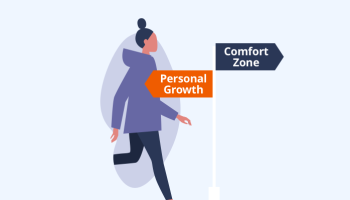
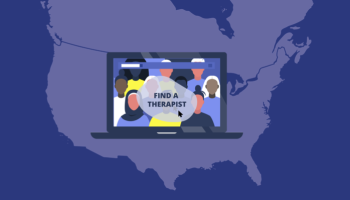
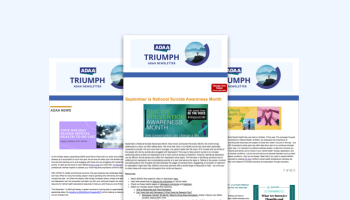
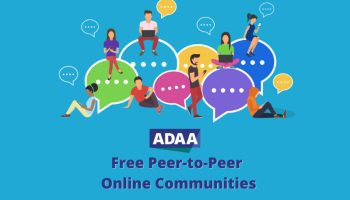
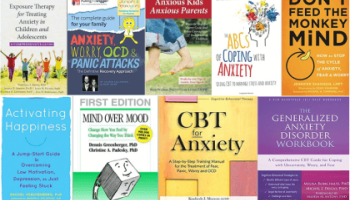






ADAA Continuing Education Credits for Live and On-Demand Programming
Learners complete an evaluation form to receive a certificate of completion. You must participate in the entire activity as partial credit is not available. If you are seeking continuing education credit for a specialty not listed below, it is your responsibility to contact your licensing/certification board to determine course eligibility for your licensing/certification requirement.
Some ADAA professional webinars focused on diversity or cultural competency subject matter are eligible for the Cross-Culture Competency Diversity Credit. If a webinar is eligible for this credit, it will be reflected on your credit certificate.
All continuing education credits are provided through Amedco, LLC. Learn more about the CE/CME accreditation information here.